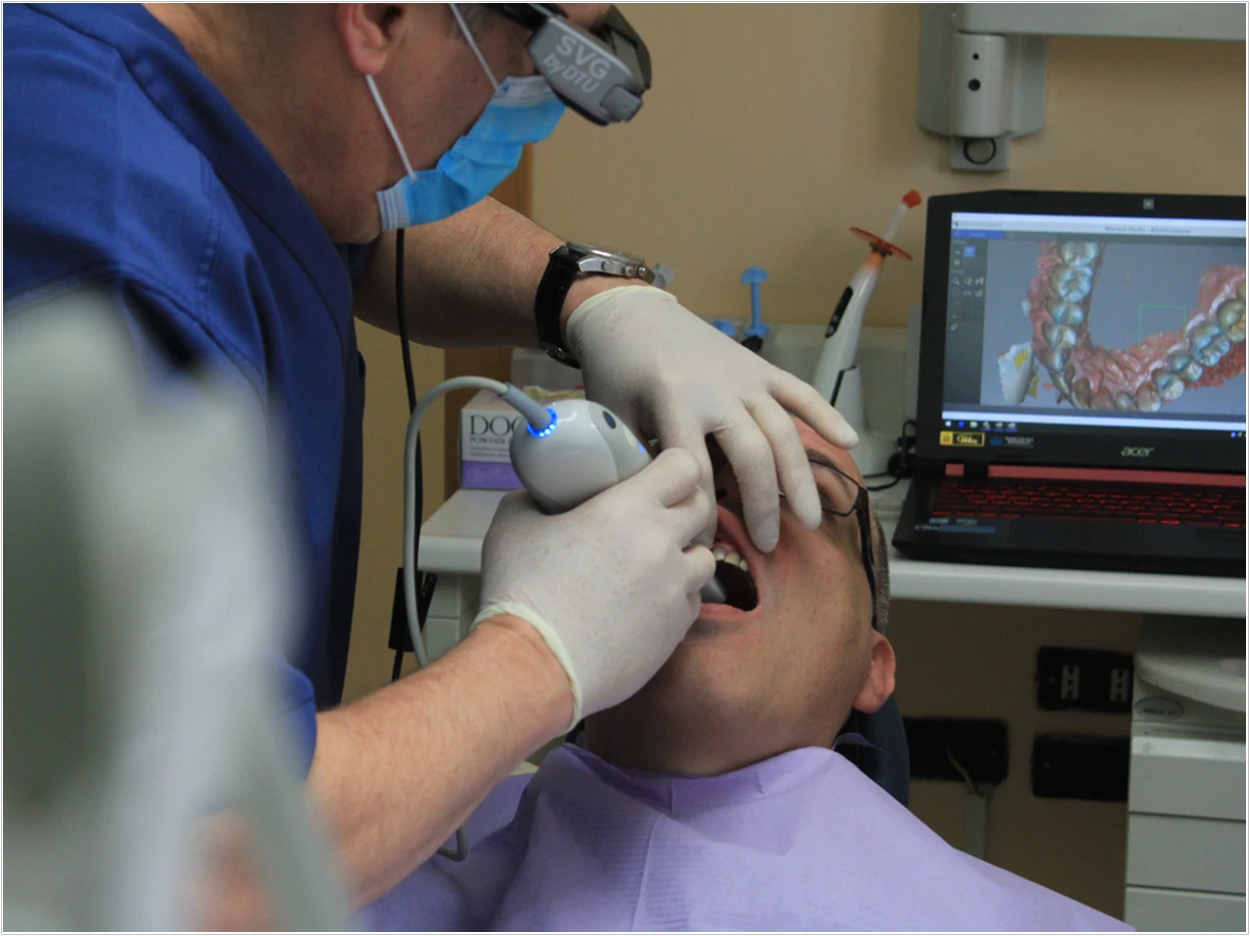
The Australian Dental Association (ADA) is calling on the nation’s government to provide additional targeted and sustainable funding to address the unmet oral and dental healthcare needs of Australians identified as priority groups because they experience “the greatest burden of poor oral health” and “the most significant barriers to accessing oral healthcare.”
These priority groups include low-income of socially disadvantaged adults, Aboriginal and Torres Strait Islanders, the frail aged and those with disabilities, and adults living outside major population centers, all of whom face a range of cost and non-cost barriers to good oral health and accessing regular and timely preventive or remedial oral and dental healthcare.
While the oral health needs of these groups are pressing and have been deemed a priority by the Australian National Oral Health Plan, the ADA says that the government has done little in recent years to implement its recommendations.
Instead, the ADA says, the government has been providing financial support through the private health insurance rebate, which disproportionately benefits middle and higher income earners, as it provides to low-income households through the Child Dental Benefits Schedule (CDBS) and the National Partnership Agreement on Public Dental Services for Adults.
Overall funding for dental services to disadvantaged Australians is insufficient, the ADA says, with other funding options needing consideration. The ADA has asked to be involved in discussions about these options, especially the National Partnership Agreement, which supplies funding for adult public dental services to state and territory governments, the group says.
The ADA further says the government should use its 2020-2021 budget to start providing leadership and addressing these dental needs, modeled on the ADA’s Australian Dental Health Plan 2019, which would retain the CDBS with some modifications and use it as a template for two additional targeted dental benefits schemes.
- An Adult Dental Benefits Schedule targeting low-income adults age 18 to 64 who hold any type of government Health Care Card, including the Low Income Health Care Card, or Pensioner Concession Card, plus their eligible dependents
- A Seniors Dental Benefits Schedule for those age 65 and older who hold a Pensioner Concession Card, a Commonwealth Seniors Card, or a Health Care Card issued by the government and, in a small number of cases, any eligible dependents
The ADA also argues that in keeping with the government’s intention to develop a National Preventive Health Strategy in 2020, the government should take immediate action on a range of prevention-oriented initiatives designed to reduce the incidence of oral disease.
Related Articles
Advocates Aim to Fill in the Gap in Australia’s Healthcare
A Third of Australian Adults Have Tooth Decay
Tracker Monitors Australia’s Progress Toward Oral Health Goals












